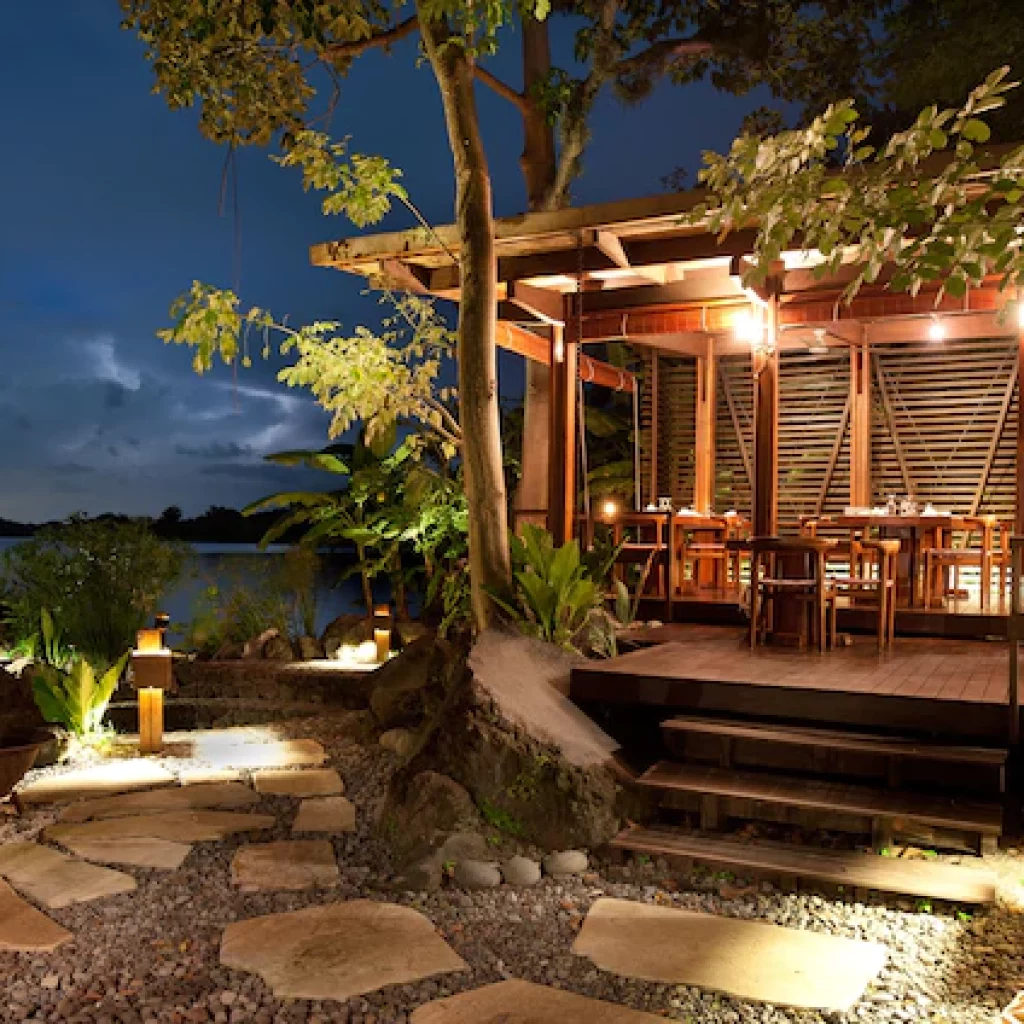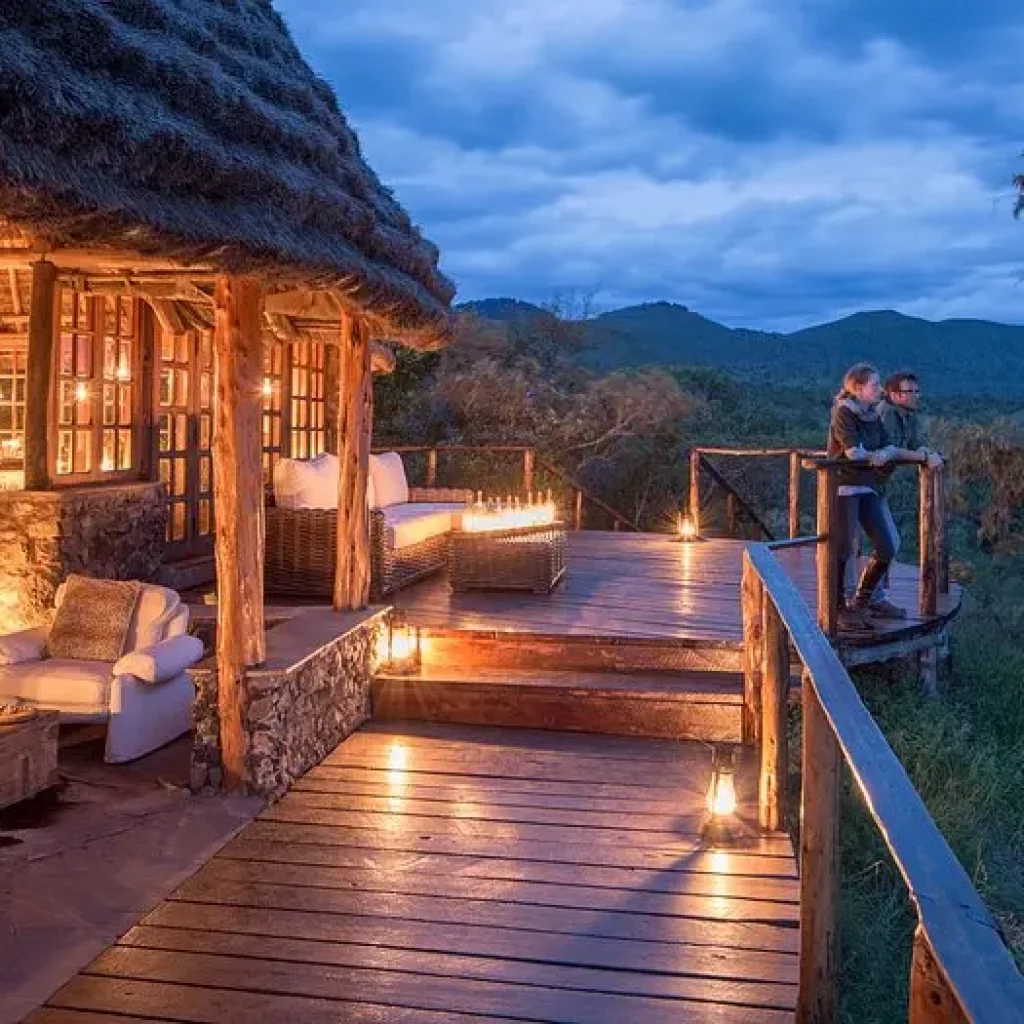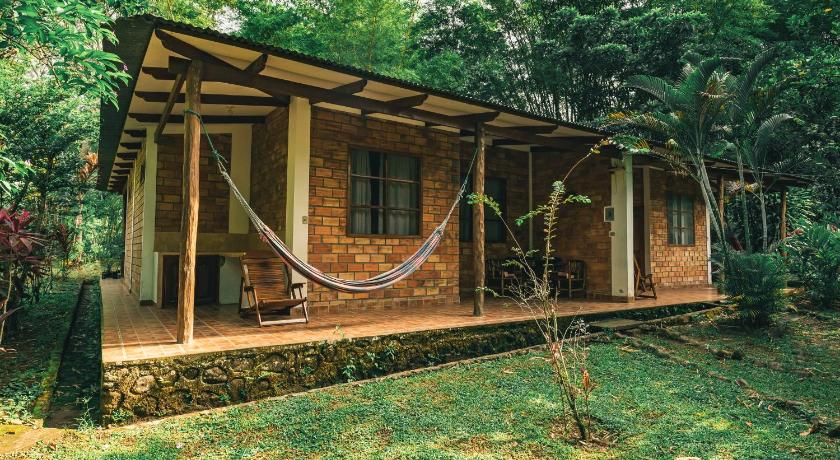From luxurious cabins to rustic tents, eco lodges are a popular choice for travelers who want to explore nature while minimizing their environmental impact. Eco lodges are unique in that they often require visitors to engage with their natural surroundings in meaningful ways. In this article, we will discuss what an eco lodge is and how they work. We will look at the different types of eco lodges available, the amenities they offer, and the environmental benefits of staying in an eco lodge.
What is an Eco Lodge?
Eco lodges are accommodations that prioritize sustainability, conservation, and environmental responsibility. These lodges focus on minimizing their impact on the environment, while also providing guests with unique experiences in natural surroundings. They typically use renewable energy sources such as solar or wind power and incorporate sustainable practices into their building materials and waste management systems.
In addition to being environmentally conscious, eco-lodges often provide educational opportunities for guests to learn about local ecosystems and wildlife. Many offer guided tours or activities such as hiking, bird watching, or wildlife safaris to showcase the natural beauty of the surrounding area. Guests can also participate in conservation efforts through volunteer programs or by supporting local initiatives.
Eco lodges are a growing trend within the travel industry as more people seek out sustainable tourism options. By choosing an eco-lodge for your next vacation, you can contribute to environmental conservation efforts while also enjoying a unique and memorable travel experience in harmony with nature.
Definition of an Eco Lodge
An eco lodge is a type of accommodation that prioritizes environmental sustainability and social responsibility. These lodges are often located in remote or natural areas and are designed to blend harmoniously with the surrounding environment. They typically feature sustainable building materials, and energy-efficient systems, and use renewable energy sources such as solar or wind power.
Eco lodges also prioritize responsible tourism practices by supporting local communities, preserving cultural heritage, and protecting wildlife habitats. They often provide educational opportunities for guests to learn about conservation efforts and participate in eco-friendly activities such as hiking, birdwatching, or organic farming.
To ensure their operations align with their values, eco lodges may undergo certifications from organizations such as Green Globe or LEED (Leadership in Energy and Environmental Design). By choosing to stay at an eco lodge, travelers can not only enjoy a unique vacation experience but also contribute to the preservation of our planet’s natural resources.

Benefits of Eco Lodges
Eco lodges are accommodations that have been designed and built with the environment in mind. They are eco-friendly, and sustainable, and promote responsible tourism. These lodges operate on the principles of conservation and leave as little impact on the surrounding environment as possible. This means utilizing renewable resources such as solar power, rainwater harvesting systems, and composting toilets to minimize waste.
Eco lodges work by creating a harmonious relationship between humans and nature. They provide travelers with an opportunity to connect with nature while being mindful of their environmental impact. By staying at an eco lodge, guests can experience the beauty of natural surroundings without disturbing them. Additionally, many eco lodges offer educational programs about local ecology and conservation efforts.
The benefits of staying at an eco lodge go beyond just feeling good about reducing your carbon footprint. These types of accommodations often offer unique experiences that traditional hotels cannot provide – from wildlife watching to hiking through untouched landscapes. Furthermore, by supporting eco-tourism initiatives, you are helping to preserve natural habitats for future generations to enjoy.
Examples of Eco Lodges
An eco-lodge is a sustainable hotel or accommodation facility that minimizes its environmental impact through the use of renewable energy, recycling programs, water conservation methods, and other environmentally friendly practices. These lodges are designed to blend seamlessly into their natural surroundings while providing guests with an authentic and immersive experience.
One example of an eco-lodge is the Playa Viva resort in Mexico. The resort features sustainable construction materials like bamboo and adobe bricks, as well as solar panels for electricity generation. The resort also has a turtle sanctuary where guests can participate in releasing baby turtles into the ocean.
Another example is the Inkaterra Machu Picchu Pueblo Hotel in Peru. This lodge was built using traditional Andean architecture techniques and uses hydroelectricity to power its operations. In addition to being surrounded by lush rainforest, this eco-lodge offers guests a variety of activities such as bird-watching tours and visits to local farms.
Overall, eco-lodges offer travelers a unique opportunity to experience nature while minimizing their carbon footprint. By choosing sustainable accommodations like these examples above, you can help support responsible tourism practices and contribute towards preserving our planet’s natural resources for future generations.
How do Eco Lodges Work?
Eco lodges are accommodations that aim to minimize their environmental impact by adopting sustainable practices. These lodges use eco-friendly materials for construction, rely on renewable energy sources, and manage waste responsibly. They also often offer educational programs to engage guests in sustainability and conservation efforts.
One way that eco lodges work is through the use of solar power. Solar panels are installed on the roofs of these accommodations to harness the sun’s energy and generate electricity. Some eco lodges even use wind or hydropower to generate electricity. By relying on renewable energy sources, they reduce their reliance on non-renewable resources like fossil fuels.
Another way that eco lodges work is by managing waste responsibly. They often have composting systems in place for food waste and recycling bins for other materials such as paper, plastic, and glass. These practices help reduce the amount of waste sent to landfills which can take centuries to decompose and emit harmful gases into the atmosphere. Overall, eco lodges aim to provide a comfortable stay while minimizing their impact on the environment through these sustainable practices that help protect natural resources for future generations.
Impact on Environment
Eco lodges have a significant impact on the environment, both positive and negative. On the one hand, they are designed to minimize their environmental footprint by using sustainable building materials, installing renewable energy systems, and implementing waste management strategies. This means that eco lodges consume fewer natural resources and produce less waste than traditional accommodations.
On the other hand, eco lodges can also have negative impacts on the environment if not managed properly. For example, improper disposal of wastewater or use of harmful cleaning chemicals can pollute nearby waterways and harm local wildlife. Additionally, increased foot traffic from visitors can damage sensitive ecosystems and disrupt wildlife habitats.
To mitigate these potential negative impacts, many eco lodges implement conservation programs that aim to protect local flora and fauna while providing guests with educational experiences about environmental stewardship. These programs may include guided nature walks or workshops on sustainable living practices such as composting or organic gardening. By balancing environmental protection with responsible tourism practices, eco lodges can create a positive impact on both visitors and host communities alike.

Conclusion
In conclusion, eco lodges are a sustainable lodging option that prioritizes environmentally friendly practices. These accommodations aim to reduce their carbon footprint and impact on the natural environment by implementing renewable energy sources, water conservation measures, waste reduction strategies and using locally sourced materials for construction.
Eco lodges work by adhering to strict sustainability standards and certifications, such as LEED or Green Globe. They also educate guests about eco-friendly practices and encourage them to participate in conservation efforts through guided tours or volunteer opportunities.
As travelers become increasingly aware of the impact of tourism on the environment, eco lodges are becoming a popular choice for those seeking more responsible travel options. By choosing an eco lodge for your next vacation, you can enjoy a unique experience in harmony with nature while supporting sustainable tourism initiatives.








